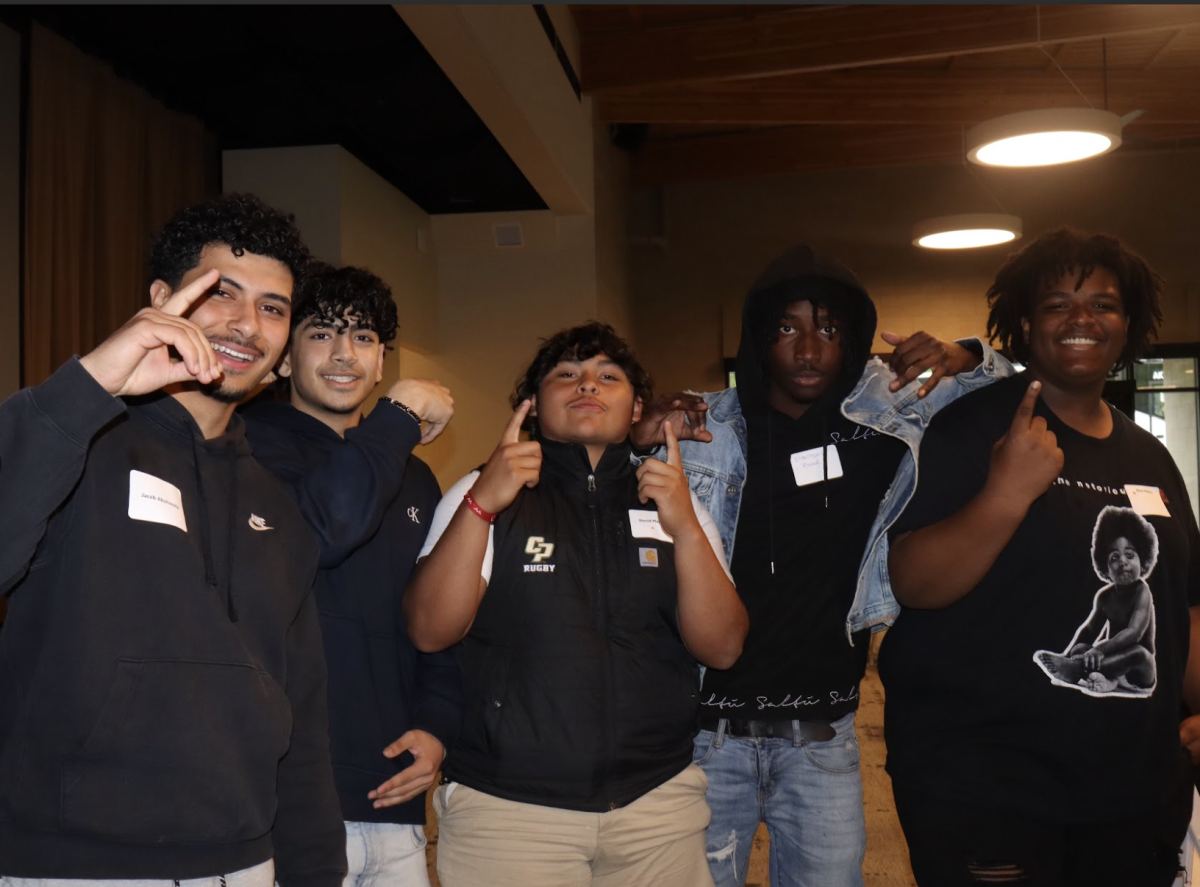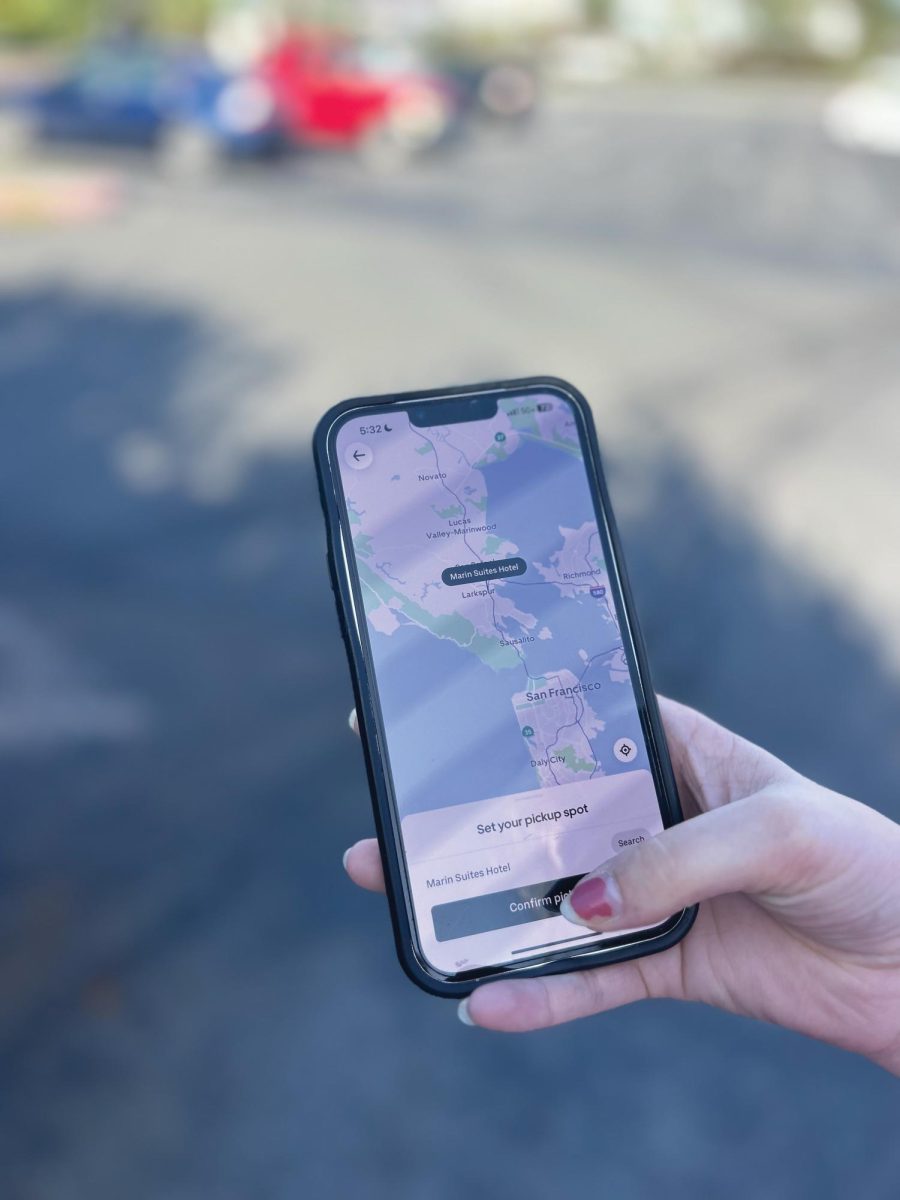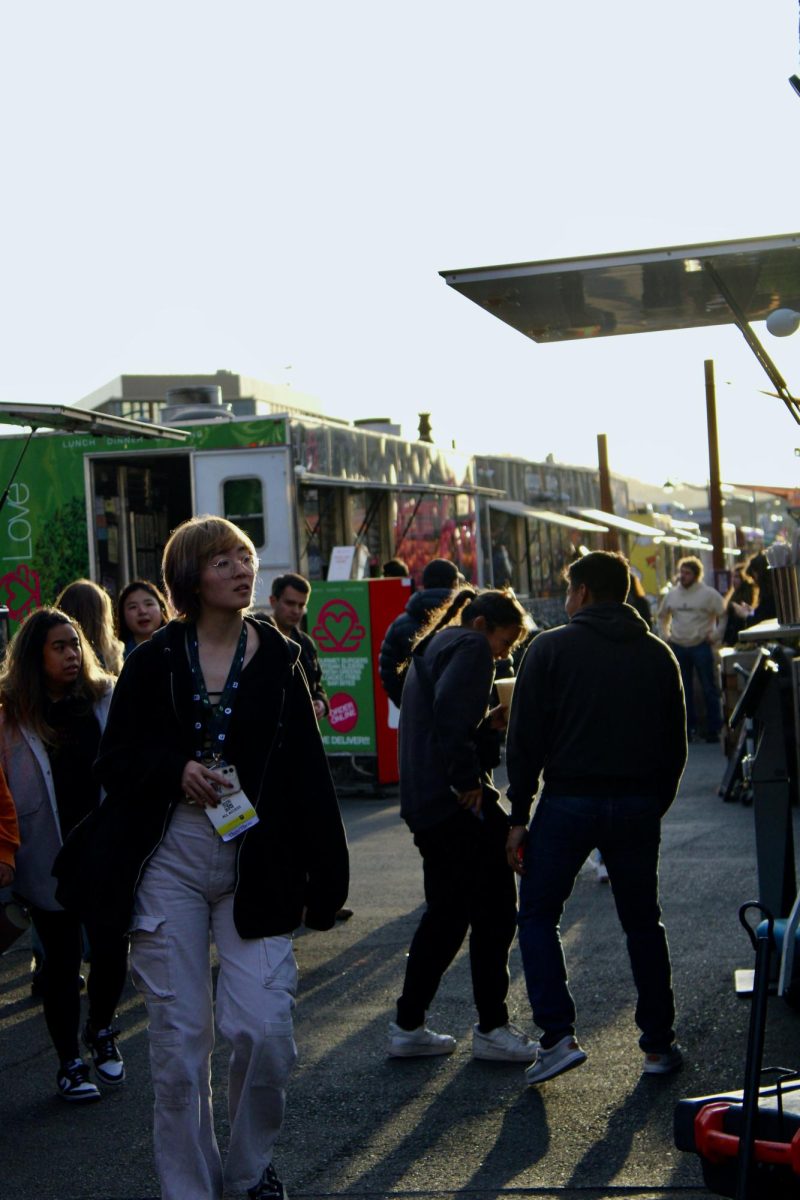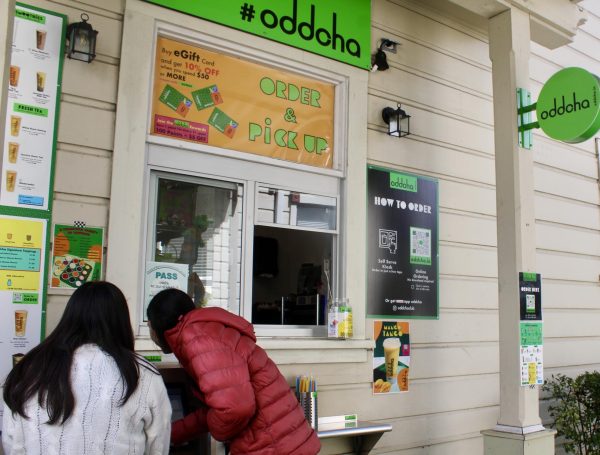Future shows no surprises with new studio album “The Wizrd”

Courtesy of Pitchfork Media Inc.
February 8, 2019
In a recent interview with Genius, Future, the chart-topping Atlanta rapper, announced that he had quit Lean, a powerful opiate concoction of promethazine codeine syrup and soda, formerly a defining characteristic of Future. His lyrics were about his love for and addiction to Lean, his beats were often heavy and slow and he even named two albums after the drug. He noted that he was hesitant to tell his fans about his addiction out of fear that they would expect him to drastically change without codeine. These fears proved to be inaccurate. With his new studio album “Wizrd,” Future is back and has not changed, despite kicking the styrofoam cup.
That being said, this album is not the kind that would win Future any new fans; in other words, the album will not make you a fan if you aren’t already one. If you are one though, like one of his 23 million monthly Spotify listeners, this album will meet your expectations but won’t exceed them. Personally, I found the album to be fun and refreshing to listen to, but nowhere near the caliber of some of his previous work like “Dirty Sprite 2” or “Beast Mode.”
Future has consistently been one of my favorite rappers because he is able to pair hard bass-heavy trap beats with crafty lyrics. He shows a vulnerable side, rapping about life struggles—drug addiction, divorce and depression—all while bragging about the normal measures of success for most rappers: Bentley coupes, Rolex watches, strippers, penthouses, you name it. Future’s lyrics show a deeper, more realistic side to his persona than those of other hot rappers such as Migos. Unfortunately, I did not recognize that side of his music as much as I’d hoped for in this album.
One interesting aspect that stood out to me was the production for this album. Historically, Future has relied heavily on big-name Atlanta producers like Metro Boomin’ and Zaytoven. For “Wizrd,” however, Future departed from that status quo for this project. While still having Southside and TM88 (808 Mafia) produce a few songs, Future relied heavily on newer (or previously unpopular) producers, like Wheezy, Tay Keith and especially ATL Jacob. Despite having different production, all songs have a similar sound of 808 drum-heavy Atlanta trap beats.
Though the lyrics of most of the album’s songs boast about wealth, drugs and sex (“You see these chains on my neck, look like Mardi Gras” – Call The Coroner), Future still reminds listeners of his humble beginnings and relentless hustle in the streets of Atlanta’s Zone 6 (“I don’t get no sleep, I made love on these corners” – Promise U That) to achieve the material success he has today.
One reason why the shallow lyrics did not bother me as much as I would have expected, is because they represent a comeback for Future. For long-time fans of him, it became very obvious that he has struggled with depression in the past. This mood was reflected in many songs from past albums, but especially in his “HNDRXX” album, on which Future spoke heavily of his split with Ciara and battle with drug abuse. Whether it was his sobriety from Lean or moving on from ex-girlfriend, the mood in “Wizrd” is cocky, dominant and boastful, but that is why I love Future.
My standards for a Future album are very high; for me, a “great” Future album is one where I actively like and listen to nearly every song on the album. “Dirty Sprite 2”, “Beast Mode” and “FUTURE” all fit that criterion. “Wizrd”, however, was not amazing—but that’s also taking my high standards into account.
Needless to say, there are several bangers on this album. My personal favorite of these several songs is “Rocket Ship.” For this track, which is the third on the album, Future uses a simple beat from ATL Jacob and devotes the lyrics to highlight his drug-filled lifestyle, both as a user and seller. With lyrics like “I took four, I feel like a rocket ship,” Future uses creative wordplay in “Rocketship” to reminisce about his times when he was a user and getting higher than space. The lyrics contrast his life as a user to his sober life now.
Another song that I’ve found myself playing a lot is “Krazy But True,” on which Future raps lyrics like “I never depended on these rappers, they biting me anyway,” to stress his frustration with the fact that the new Generation of Atlanta rappers copy his style, lyrics and even fashion.
After all, this album charted eight of its songs on the Billboard top 100 list and was also the sixth number one album of Future’s career. While this album was not my favorite of Future’s, it certainly hasn’t made me lose hope for the artist in the t to come. While I appreciate the boldness and confidence that pervades in Future’s lyrics about his lavish lifestyle and tedious come up, I hope that in his next album he revisits a deeper, more vulnerable side.






















